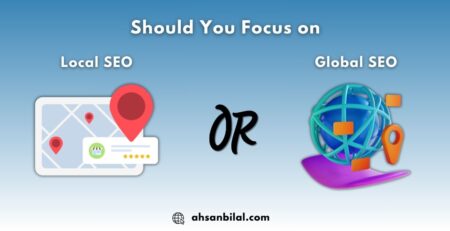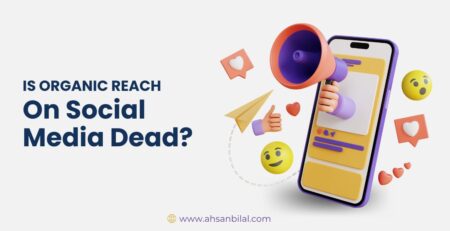Does Digital Marketing Really Work?
In today’s fast-paced digital age, where virtually every aspect of our lives is intertwined with the online world, businesses face a crucial question: Does digital marketing really work? This inquiry is not only pertinent but also multifaceted, as the effectiveness of digital marketing strategies can vary depending on numerous factors. To uncover the truth behind this question, it’s essential to delve into the intricacies of digital marketing and examine its impact on businesses of all sizes.
Understanding Digital Marketing
At its core, digital marketing incorporates a broad spectrum of on the internet promotional activities focused on reaching and engaging target market. From social media marketing and search engine optimization (SEO) to email campaigns and content marketing, the digital landscape offers a plethora of avenues for businesses to connect with their customers in meaningful ways. Unlike traditional forms of marketing, digital marketing leverages the power of technology and data analytics to deliver personalized messages and track performance metrics with unprecedented accuracy.
The Reach Of Digital Marketing
One of the key advantages of digital marketing lies in its ability to transcend geographical boundaries and reach audiences on a global scale. With billions of internet users worldwide, businesses have access to a vast and diverse pool of potential customers, regardless of their location. Platforms like Facebook, Instagram, and Google Ads enable advertisers to target specific demographics based on factors such as age, gender, interests, and online behavior, ensuring that promotional efforts are directed towards the most relevant audience segments.
The Targeting Capabilities
Digital marketing offers unparalleled precision when it comes to audience targeting, allowing businesses to tailor their messages to suit the preferences and needs of individual consumers. By leveraging sophisticated targeting algorithms and data-driven insights, marketers can deliver highly personalized content that resonates with their audience on a deeper level. Whether its recommending products based on past purchase history or serving ads to users who have expressed interest in similar offerings, digital marketing enables brands to foster genuine connections with their customers.
Measuring Success
One of the most considerable benefits of digital marketing is its measurability. Unlike traditional marketing methods, which often rely on subjective metrics such as brand awareness and recall, digital marketing provides tangible data points that allow businesses to track the effectiveness of their campaigns in real-time. From click-through rates and conversion rates to return on investment (ROI) and customer acquisition costs, the analytics tools available to digital marketers offer valuable insights into the performance of their promotional efforts, enabling them to optimize strategies for maximum impact.
The Role Of Content
In the digital realm, content is king. Whether its blog posts, videos, infographics, or social media posts, compelling content lies at the heart of successful digital marketing campaigns. By creating informative, entertaining, and engaging content that adds value to the lives of their audience, businesses can establish themselves as thought leaders in their respective industries and build trust and credibility with their customers over time. Additionally, high-quality content is more likely to be shared across social networks, amplifying its reach and visibility organically.
Conclusion
The question of whether digital marketing really works is not a simple one, but the evidence overwhelmingly suggests that it does. From its unparalleled reach and targeting capabilities to its measurability and the pivotal role of content, digital marketing has revolutionized the way businesses connect with their customers and drive growth in the digital age. However, success in digital marketing requires more than just implementing the latest tools and techniques—it requires a deep understanding of your target audience, a strategic approach to content creation and distribution, and a commitment to continuous optimization and improvement.










